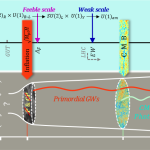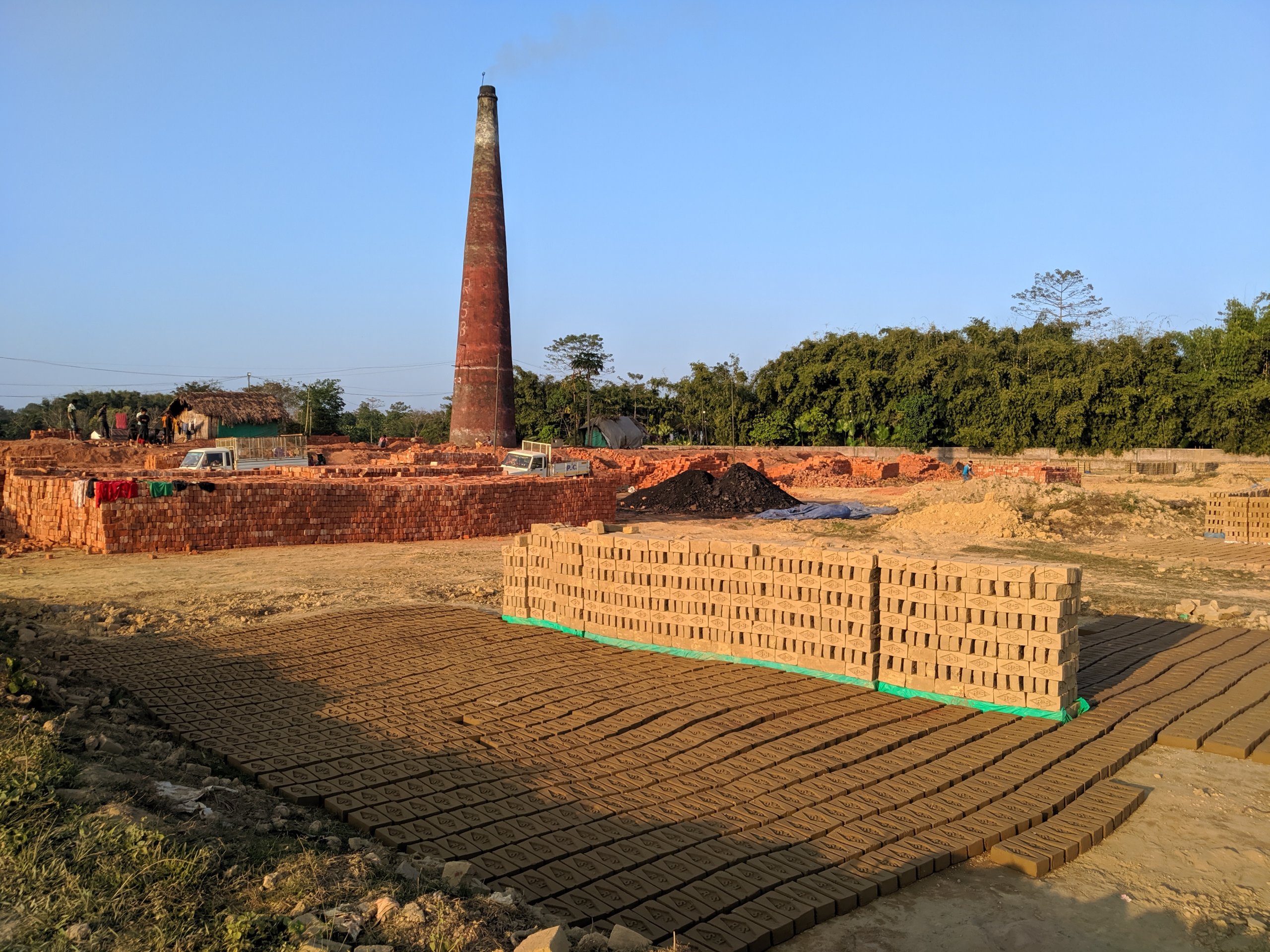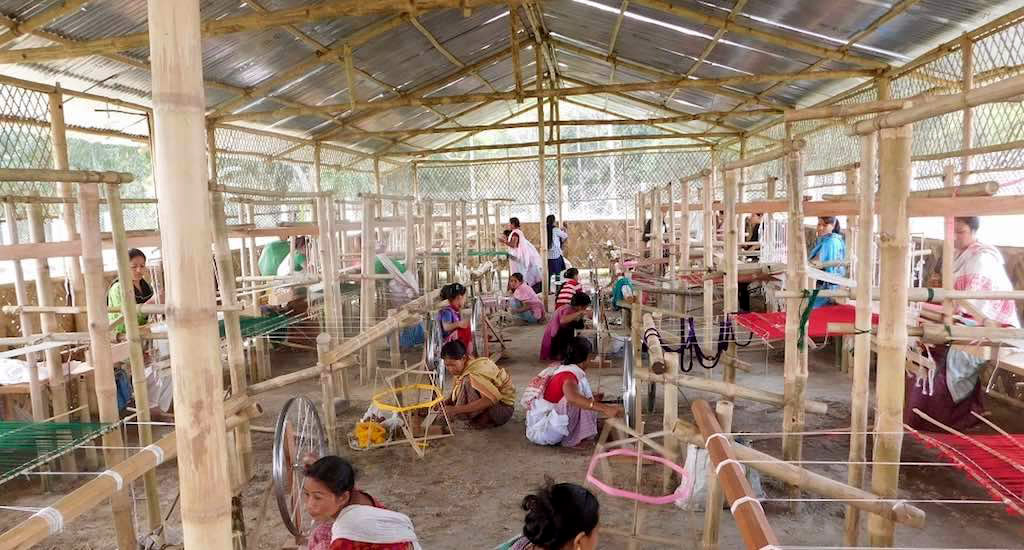Author: Himadri Lekharu1*
1Assistant Professor, Economics Department Moran College
*Corresponding author: himadrilekharu182@gmail.com
Abstract
This research paper investigates the economic analysis of traditional brick kiln units in Dibrugarh District, Assam, India, shedding light on an age-old industry that remains largely unchanged despite its historical significance. The brick-making sector is characterized as labor-intensive and seasonal, offering employment opportunities, particularly in rural areas. It plays a pivotal role in meeting the ever-growing demand for bricks driven by urbanization and construction activities. However, the industry’s unorganized nature and lack of professionalism pose challenges. The study employs a production function analysis to examine the relationship between inputs (raw materials, labor, fuel, and miscellaneous costs) and output and also economies of scale face by the brick industry of Dibrugarh District. The findings indicate the importance of raw materials, labor, and fuel in influencing brick production. Overall, this research underscores the potential for the brick industry to contribute to the national economy while highlighting the need for sustainable practices and government support
Keywords
Brick, Production Function, Economies of Scale









